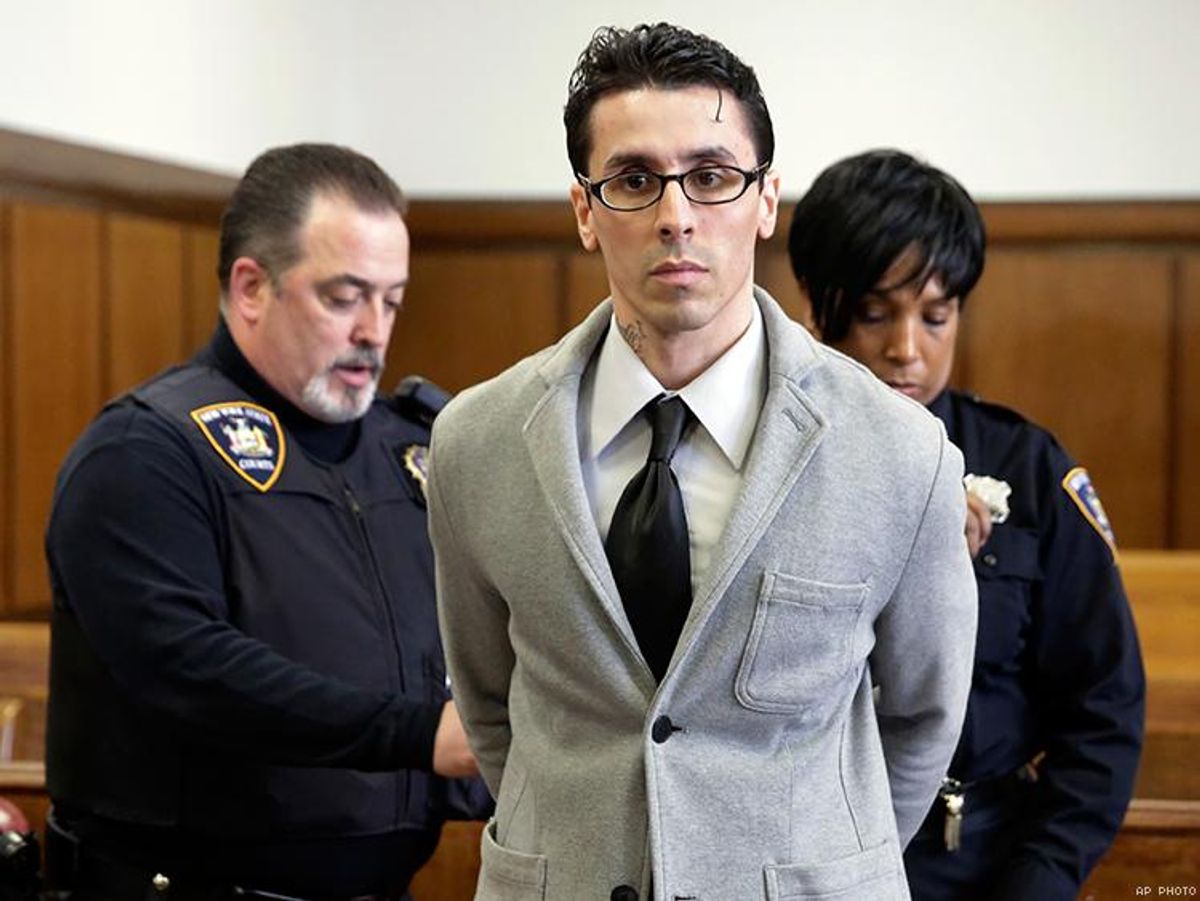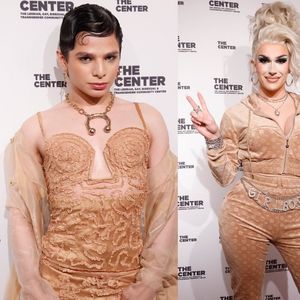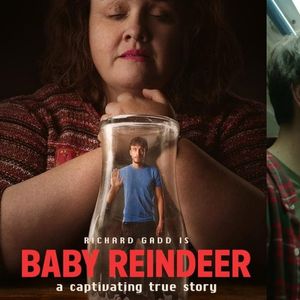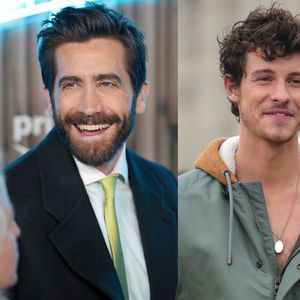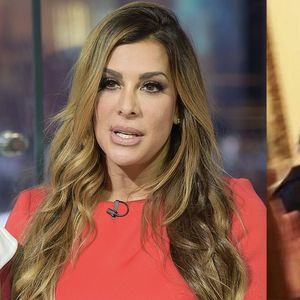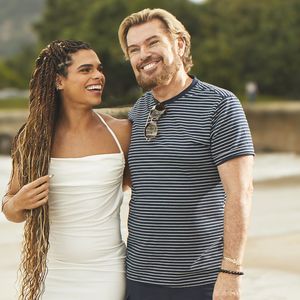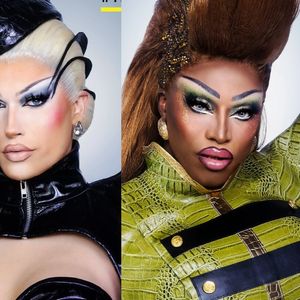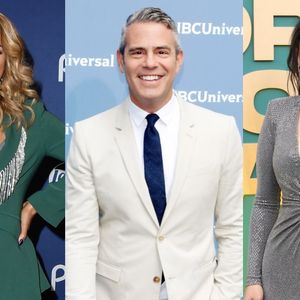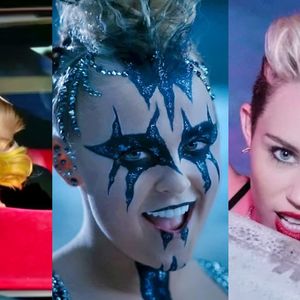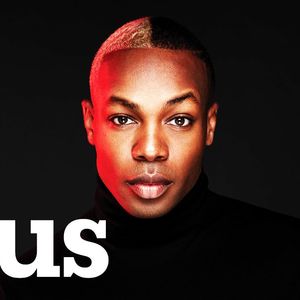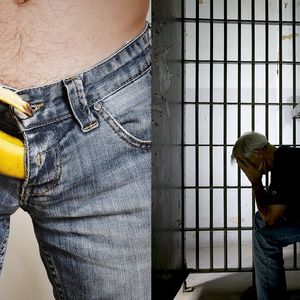The murder of Mark Carson is the most disgusting thing I have ever witnessed. It was on a warm spring night in late May 2013. I was out celebrating the end of the semester and wanted to continue the festivities in the gayborhood after a Columbia University-sponsored event at the Delancey ended. I got something to eat, hopped in a cab, and headed to Greenwich Village.
Once there, I walked up the street, turning right on West Eighth Avenue, just in time to see Elliot Morales exchanging words with Mark Carson and his best friend, Danny Robinson.
As I approached, I heard Morales repeatedly call Carson and Robinson "faggots." I thought a fight might break out. So I passed them by on the left. As soon as I had gotten in front of them, though, I was frozen in place -- paralyzed by the unmistakable crack of a gunshot behind me.
In the moment after a gunshot, you don't think, you just do. I didn't even have time to be afraid. Once I could move again, I turned around to see what had happened.
As I did, Morales walked by, brandishing his weapon and saying, "Don't you look at me."
But I did look, and I flagged down the responding police officers to tell them what I had seen. The images from that night remain with me. I will never forget the sight of Mark Carson dying at my feet -- yet another young black man killed with a gun in the street.
In the first few months after the shooting, I was angry at Morales for stealing Carson's life simply because he was gay. In the months and years that I've waited to testify against Morales, my anger at him receded. I've been confronted with a deeper truth: Carson's death could have been prevented.
That night in May was not the first time Morales had made a choice with disastrous consequences. More than a decade earlier, he had been incarcerated for 11 years after committing an armed robbery during which two women were bound and beaten. When Morales was released from prison, he doubtlessly found himself cast out into a society with little support or chance at a decent life.
In America, prison serves to punish, not to rehabilitate. As he was branded a felon, I can imagine Morales in a desperate search for work, filling out application after application, but having to check the box indicating his criminal record. Then it is no wonder that, as he testified in court, Morales was out of prison by May 2013 but staying on a friend's couch, with little more than his clothes and a gun.
Before the trial, I thought testifying would bring me closure, and I thought it would bring justice to Mark Carson and those who loved him. It didn't. The little comfort I could offer his friends and family was to let them know that Carson did not die alone.
While I waited for trial, I learned that Morales had fired several court-appointed attorneys and had elected to represent himself against weapons charges and second-degree murder as a hate crime. My sister, a dedicated public defender, pointed to Morales firing his lawyers as a sign that he is a deeply disturbed man. She reminded me that there was no such thing as real justice for Carson -- he would always be dead. As my sister spoke, I realized that for all the havoc and destruction Morales had created, he still deserved our compassion.
As Morales cross-examined me on the stand, I saw a broken man who could have been helped at so many turns. He killed out of hatred, but we failed him too.
As a student at the University of California, Los Angeles, School of Law, I see the world through a lens of policy and law. In this instance, all I can see are the ways Carson's death could have been prevented.
In our admittedly imperfect system, we the people make our policy choices through those we elect to public office. We are in the midst of precisely such a crucial decision as candidates stump for our votes before November's election. We're living in a moment when Americans come together to make a decision about what kind of society and what kind of nation we want to be.
So far, we've made terrible choices. We've voted for politicians who refuse to enact any meaningful gun violence reform legislation. It's not just Carson whose life was taken by a bullet from a gun: tens of thousands of Americans die each year due to gun violence, yet we and our elected representatives do nothing. We couldn't even pass a basic gun bill after the the Sandy Hook shooting in Newtown, Conn.
Maybe if there were fewer guns on the street, Morales wouldn't have had one that night in May 2013. Maybe Carson wouldn't have been shot dead in the street.
But it's not just guns. America chronically underinvests in mental health and social services. I can imagine a world in which we make a different choice. What if Morales, instead of being branded a felon and shut out of the job market, were given a chance at a better life and the services he so clearly needed? What if we let him pay his debt to society, and then helped him move into a better, more productive life?
I can imagine a world where we choose to break the vicious cycle of imprisonment and recidivism and replace it with a virtuous cycle of education, job training, and hope.
In the end, maybe this murder couldn't have been prevented. Maybe Morales would have been impervious to help. Maybe he would have found one way or another to kill someone.
But to honor Mark Carson's life, we should at least try to make tragic outcomes like this less common. We should try to build a world with more love and less violence, with more opportunity and less suffering, with more hope and less hate.
RYAN KENDALL is a first-year law student in the David J. Epstein Program in Public Interest Law and Policy at the UCLA School of Law. Kendall also works with the National Center for Lesbian Rights' #BornPerfect campaign, which seeks to end the discredited, harmful practice of so-called conversion therapy that attempts to make LGBT people straight and cisgender. Follow Kendall on Twitter @rmk2145.
